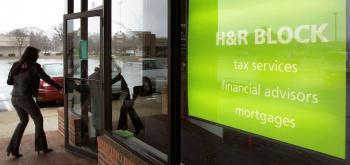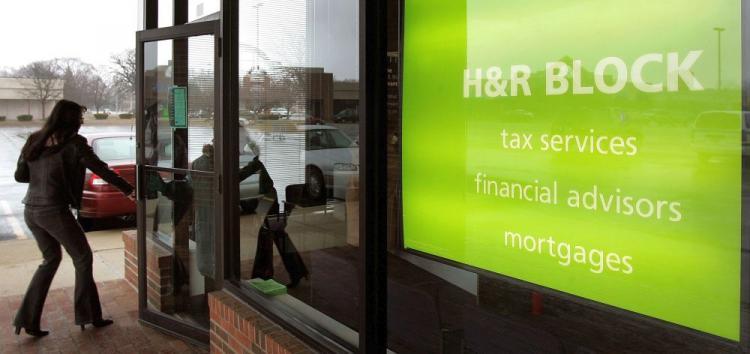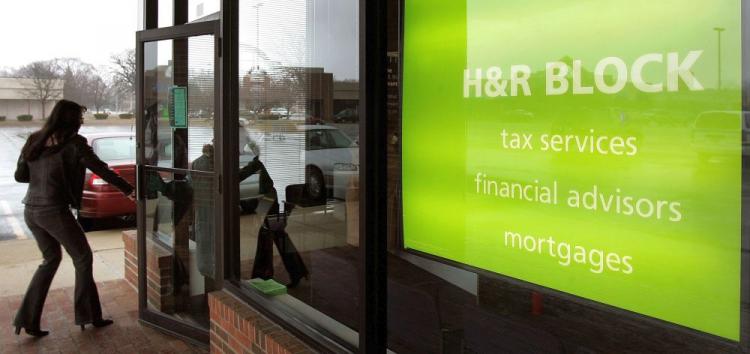NEW YORK—In a landmark proposal, the U.S. Internal Revenue Service (IRS) will require, for the first time, tax-preparation companies to register and pay a fee.
The new rules will become the first step for the IRS to regulate the industry and root out unscrupulous tax preparers.
Under current laws, anyone can prepare tax returns and charge fees, as long as the returns are deemed sufficient. No regulations or standards govern the industry.
The plan won’t go into effect until next year, but will require tax preparers to be registered with the IRS and pass a competency test as well as supply an ID number when filing returns. The practice, according to the agency, will prevent untrained preparers from defrauding the U.S. government of its tax revenues.
The IRS estimates that over 80 percent of Americans use either a professional tax preparer or tax-preparation software to file their annual returns.
“As tax season begins, most Americans will turn to tax return preparers to help with one of their biggest financial transactions of the year. The decisions announced today represent a monumental shift in the way the IRS will oversee tax preparers,” said IRS Commissioner Doug Shulman in a statement.
“Our proposals will help ensure taxpayers receive competent, ethical service from qualified professionals and strengthen the integrity of the nation’s tax system. In addition, we are taking immediate action to step up oversight of tax preparers this filing season.”
Most of the new proposals—such as competency tests and annual ongoing continuing education—won’t be required for professional attorneys and certified public accountants, who are already subject to their own requirements.
Two of the country’s biggest tax preparers are H&R Block and Jackson Hewitt, which, due to their size, are already further ahead in the qualification process. Analysts expect the new rules to impact the tens of thousands of smaller tax preparation companies in the coming months.
The new rules will become the first step for the IRS to regulate the industry and root out unscrupulous tax preparers.
Under current laws, anyone can prepare tax returns and charge fees, as long as the returns are deemed sufficient. No regulations or standards govern the industry.
The plan won’t go into effect until next year, but will require tax preparers to be registered with the IRS and pass a competency test as well as supply an ID number when filing returns. The practice, according to the agency, will prevent untrained preparers from defrauding the U.S. government of its tax revenues.
The IRS estimates that over 80 percent of Americans use either a professional tax preparer or tax-preparation software to file their annual returns.
“As tax season begins, most Americans will turn to tax return preparers to help with one of their biggest financial transactions of the year. The decisions announced today represent a monumental shift in the way the IRS will oversee tax preparers,” said IRS Commissioner Doug Shulman in a statement.
“Our proposals will help ensure taxpayers receive competent, ethical service from qualified professionals and strengthen the integrity of the nation’s tax system. In addition, we are taking immediate action to step up oversight of tax preparers this filing season.”
Most of the new proposals—such as competency tests and annual ongoing continuing education—won’t be required for professional attorneys and certified public accountants, who are already subject to their own requirements.
Two of the country’s biggest tax preparers are H&R Block and Jackson Hewitt, which, due to their size, are already further ahead in the qualification process. Analysts expect the new rules to impact the tens of thousands of smaller tax preparation companies in the coming months.






